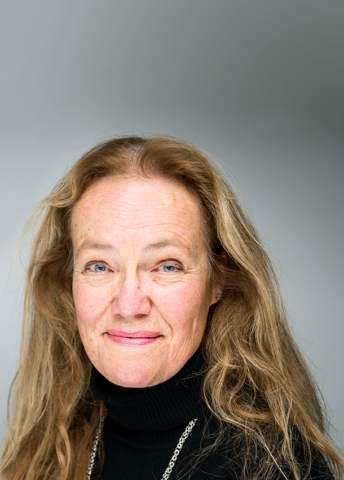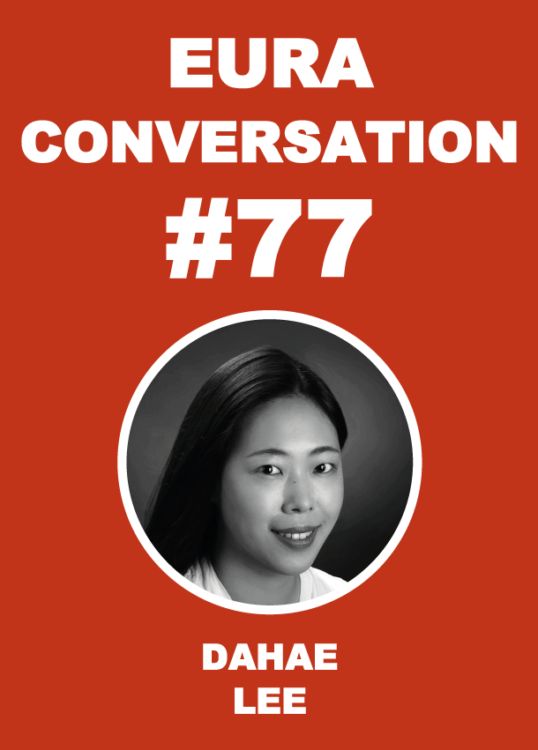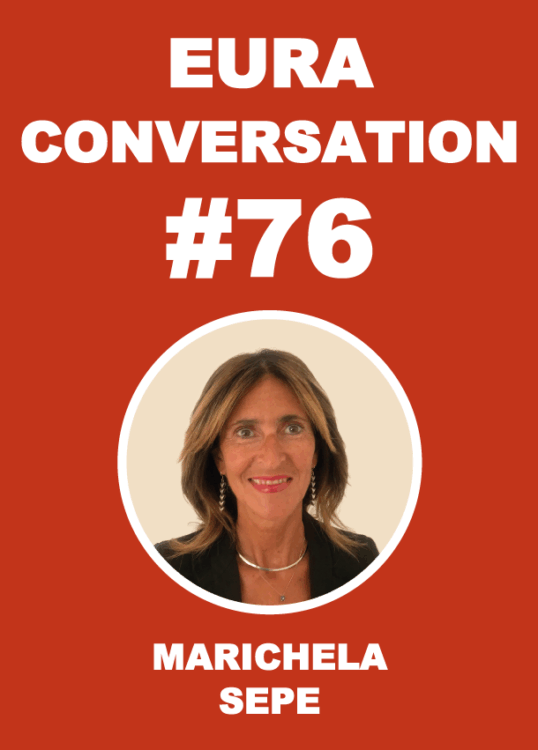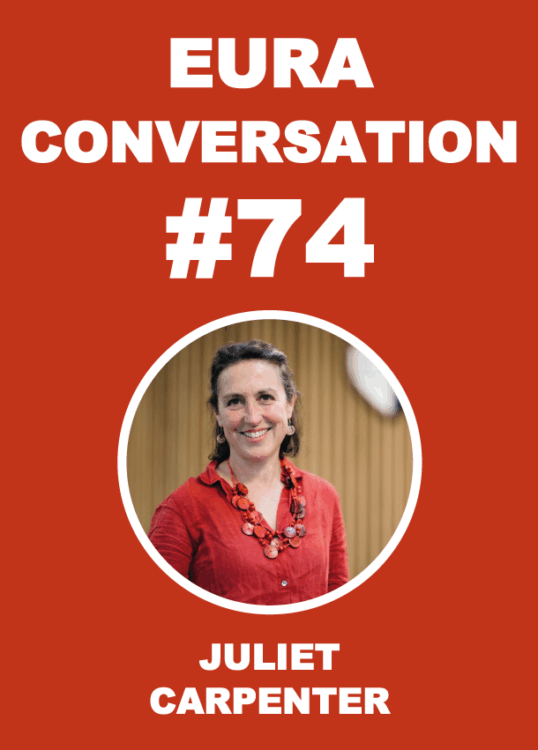
#4 Cycling
16/06/2020
#6 Healthy public spaces
30/06/2020#5 Peoples’ responses
by Susanne Søholt, Oslo Metropolitan University, Norway
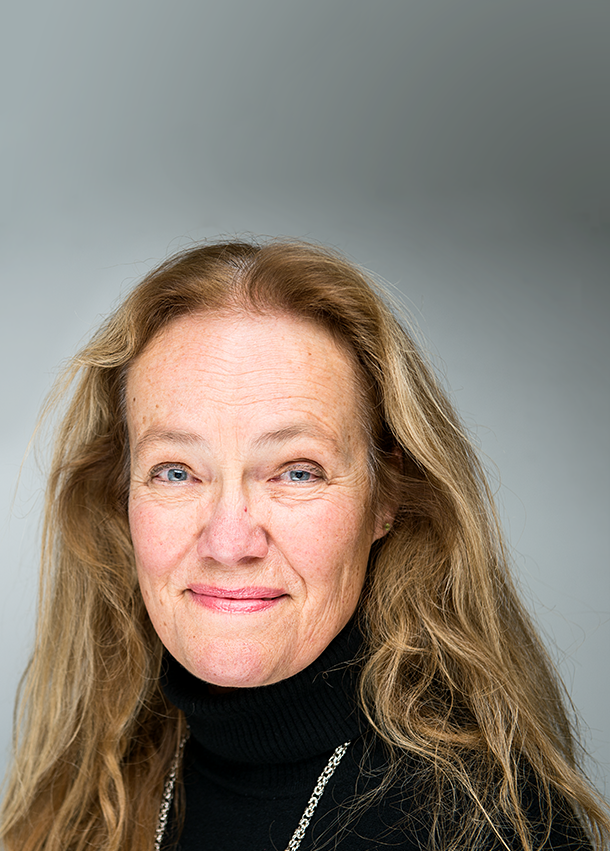
However, the success of local and national policies to fight back the pandemic depends first and foremost on peoples’ responses to policies restricting their everyday life – every day. That is, it depends on peoples’ trust to or fear of their authorities – and the virus.
The Nordic countries rank high when it comes to peoples’ trust in their politicians and people have mostly followed the Corona restrictions. Most important, the trust is reciprocal. The politicians trusted that most people would follow the regulations without having to impose strong control measures.
The restrictions affected people heavily. Societies locked down. Unemployment exploded. Physical contact should be avoided, and social distancing became the new normal. Mobility and congregations are still restricted. The hygiene advice is paramount.
How did people respond after the first shock? Two aspects are worth mentioning – the revival of solidarity and the recreation of a new everyday life.
First solidarity. The corona virus may attack anyone and anywhere. From this recognition there has been a revival of the understanding that we are but one society, that my health depends on yours. It seems that this understanding underpinned peoples’ engagement to follow the restrictions. Across cities, initiatives to help expanded. In Oslo, a Facebook group called “Oslo helps Oslo” popped up and quickly got 50,000 followers.
Second, people had to recreate their everyday life. After some days in isolation, they took life back to the neighbourhoods. Parents were playing outside with their children, instead of driving them to organised leisure activities. As the sport centres closed, people rediscovered how the proximate urban greens could be arenas for activity. Subsequently, there have been claims for more quality green areas to be provided where people live. As an alternative to urban public transportation, soft mobility has escalated.
At home, families were expected to create ways of managing home school or kindergarten for their children, regardless of living in a roomy or a crowded dwelling and regardless of the parents’ competencies. All over Europe, people in white collar jobs had to work from home, also regardless of space and suitability. To communicate with colleagues, competencies in digital communication have exploded. As a result, some ask, may be the home office could be a permanent solution to simultaneously save time, reduce urban traffic and pollution?
As society loosens up, and the pandemic becomes more abstract, it is an open question whether people have the energy to continue to live restricted lives. The killing of George Floyd in the US wakened up a whole world to take racism seriously. Demonstrations occurred worldwide despite regulations on congregations. Solidarity changed direction from pandemic to racism. Social distancing has been core to avoid dissemination of the virus, but will humans and urban societies survive without a human touch? How will a revived solidarity, combined with social longing and new perspectives on everyday life, affect the shaping of urban futures, living with and after the pandemic?
In next week’s contribution to EURA Conversations Marichela Sepe offers some thoughts on “Healthy Public Space”.

